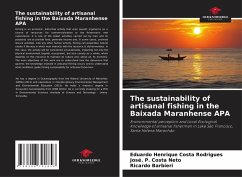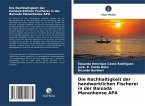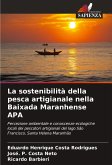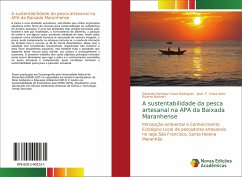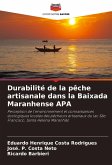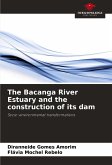Fishing is an economic, extractive activity that uses aquatic organisms as a source of resources for commercialisation or the fisherman's own subsistence. It is one of the oldest activities carried out by man and its purposes are to provide food, generate income and, in some cases, promote leisure activities. Like any other human activity, fishing can jeopardise natural stocks if the way in which man interacts with the resource is disharmonious. In this case, the activity will be considered unsustainable, impacting not only the physical environment (aquatic ecosystem), but also society as a whole, which depends on this resource to maintain its culture and, above all, its economy. The main objectives of this work are to understand how the dynamism that governs the knowledge involved in artisanal fishing occurs and to understand what conditions guide fishing sustainability for artisanal fishermen.
Bitte wählen Sie Ihr Anliegen aus.
Rechnungen
Retourenschein anfordern
Bestellstatus
Storno

